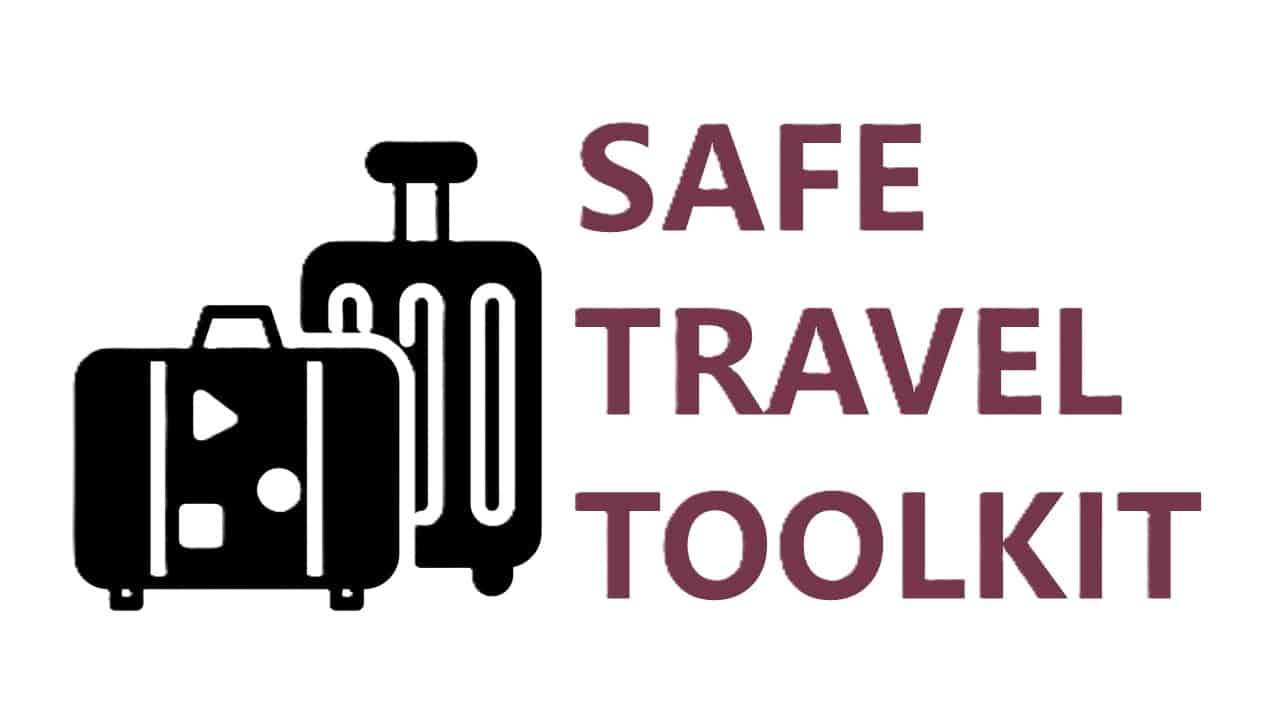Avoiding Tourist Scams and Frauds, a true story : Sophie and Lucas, on their first trip abroad, excitedly explored the bustling streets of a famous tourist city. When a friendly local offered a ‘special’ guided tour at a seemingly reasonable price, they eagerly agreed. However, halfway through the tour, the guide demanded an exorbitant additional fee, threatening to leave them stranded. Realizing it was a scam, they refused to pay more and managed to find their way back. This experience taught them to research and book tours through reputable agencies, avoiding offers that seemed too good to be true.
Avoiding Tourist Scams and Frauds. Staying Alert: How to Avoid Tourist Scams and Frauds
Tourist scams can put a damper on your vacation if you’re not careful. These scams can happen anywhere in the world and often target unsuspecting travelers. Being aware of common scams, understanding their consequences, and knowing how to react can help protect yourself and your vacation experience. Here’s a comprehensive guide to staying vigilant and avoiding tourist scams:
Common Tourist Scams – Avoiding Tourist Scams and Frauds:
1. The Distraction Technique
Example: While you’re enjoying a picturesque view or taking photos, a friendly local approaches and strikes up a conversation. Meanwhile, an accomplice stealthily takes your bag or belongings.
Consequences: Losing valuable items and personal documents, feeling violated, and experiencing stress.
Action: Stay aware of your surroundings, and if someone approaches you unexpectedly, hold onto your belongings tightly.
2. The Fake Tickets or Tours
Example: You’re approached by a street vendor offering tickets to a popular attraction at a discount. After purchasing, you realize they’re counterfeit, and you’re denied entry.
Consequences: Losing money and missing out on the planned activity or attraction.
Action: Buy tickets from authorized sellers, tour agencies, or official websites to ensure validity.
3. The Closed Attraction Scam
Example: A local informs you that the attraction you planned to visit is closed due to a special event or renovation. They then offer to take you to an alternative location, often a shop where they receive a commission.
Consequences: Wasting time and money on an unplanned visit and potentially buying overpriced items.
Action: Verify attraction hours and closures online or with your hotel. Be cautious when approached by unsolicited guides.
4. The Currency Exchange Rip-Off
Example: You need to exchange money, and a friendly local offers a better rate than official exchange offices. However, they end up shortchanging you.
Consequences: Losing money due to unfavorable exchange rates and dishonest practices.
Action: Exchange currency at reputable banks or exchange offices, and verify rates beforehand.
5. The Fake Police Officer
Example: Someone posing as a police officer approaches you, claiming to investigate counterfeit money or documents. They ask to see your wallet or passport, then disappear with your belongings.
Consequences: Losing money, identification, and trust in local authorities.
Action: Always ask for proper identification from anyone claiming to be a police officer. If suspicious, request to go to the nearest police station.
What to Do If You Encounter a Scam – Avoiding Tourist Scams and Frauds:
- Stay Calm: Keep your composure to assess the situation accurately.
- Do Not Engage: Avoid confrontations with scammers, as they may resort to aggressive tactics.
- Seek Help: Contact local authorities or your country’s embassy or consulate if you’ve fallen victim to a serious scam.
- Report the Incident: Share your experience with fellow travelers on online platforms, review websites, or directly with tourist authorities to warn others.
- Learn and Share: Stay informed about common scams in your destination by reading travel forums, blogs, and guidebooks. Share your knowledge with fellow travelers to help them avoid scams.
Remember that while scams can happen, most destinations are safe, and the majority of people you’ll encounter during your travels are honest and friendly. By staying informed and vigilant, you can enjoy your adventures while minimizing the risk of falling victim to tourist scams.
Risks Mapping and dangers on vacation, far from home :
- “Evading Travel Deceptions: Tips for Safe Tourism”
- “Bypassing Tourist Traps and Swindles: Strategies for Awareness”
- “Steering Clear of Vacation Frauds: A Guide to Smart Travel”
- “Eluding Travel Scams: Staying Vigilant on Your Journey”
- “Circumventing Tourist Hustles: How to Travel Safely”
- “Dodging Travel Cons and Frauds: Essential Safety Tips”
- “Outsmarting Tourism Scams: Techniques for Alert Travelers”
- “Guarding Against Traveler Scams: Proactive Safety Measures”
- “Avoiding Travel Fraud: Tips for a Scam-Free Trip”
- “Escaping Tourist Rip-offs: Secure Travel Practices”
This comprehensive guide educates travelers on common tourist scams, their consequences, and offers practical actions to take when encountering scams. By staying vigilant and informed, tourists can protect themselves and enjoy their journeys to the fullest.








